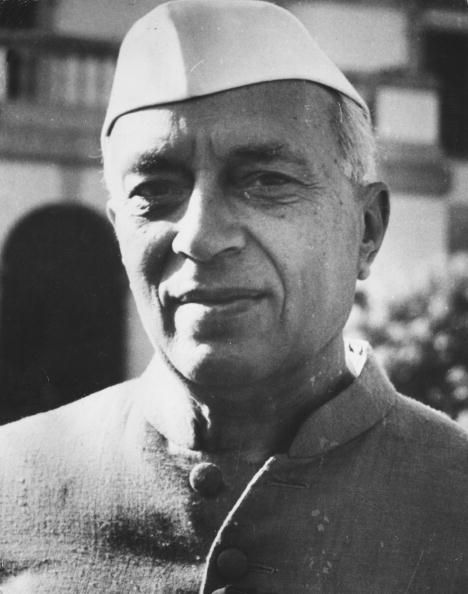Message to writers everywhere: STFU!
Saturday, June 11th, 2022Talking is not writing. Different skills, different purposes. So I wonder: why are writers everywhere being asked to talk, talk, talk?

Becca Rothfeld asks the same question over at The Gawker: “When do writers find the time to do any actual writing? It sometimes seems as though they are always speaking — delivering lectures, pontificating in bookshops, opining on talk shows. If they are lucky enough to win awards, they clear their throats and make grateful remarks; when the books they have somehow secreted between their speaking engagements are at last released, they discuss their ‘inspirations’ and their ‘process’ on podcasts or radio shows. More and more, the life of a professional author involves not writing but talking.” They should not be encouraged, she insists.
Rothfeld continues: “Who in their right mind would want to talk, much less listen, to a person who has contrived to spend as much of her life as possible crouched over her computer in isolation, deleting unsatisfactory variants of a single sentence for upwards of an hour? Nothing in my daily practice has prepared me for the gauntlet of a tête-à-tête. Writing is an antidote to the immediacy and inexactitude of speech, and I resent any attempt to drag me back into the sludge of dialogue.”

Moreover, writers aren’t very good at actual talking, she adds. “For one thing, authors are often poor orators, inept at the most basic mechanics of verbalization. They hum and halt and hesitate, interrupting themselves, appending caveats to their caveats, thrumming a chorus of tentative ‘ums.’ They are drafters and amenders, if not by vocation than by profession, and in conversation, their strongest pronouncements tend to be timid, as if they were editing in real time. Even when a writer musters a declaration or masters the rhythm of a spoken sentence, her voice often betrays her. I once made the mistake of watching a video of a distinguished philosopher at a conference — and thereby discovering that he emits squawks as discordant as his papers are crisp and crystalline. And then there is the perennial challenge of pacing. Accustomed to laboring at length in seclusion, many writers speak glacially, as if they are lowering themselves into cool water, venturing one word and adjusting to its temperature before cautiously proceeding to the next.
“At least as embarrassing as all these failures of delivery are the things that writers actually say. Books and essays are the product of long bouts of thinking, which makes writers fantastically ill-suited to summoning opinions instantaneously. In spoken interviews, Jonathan Franzen has confessed, among other things, that he considered adopting an Iraqi war orphan as a means of understanding the younger generation — an admission that he surely would have found occasion to excise from an essay. Indeed, it was his New Yorker editor who later talked him out of the idea.”
The worst thing Joyce Carol Oates ever did was join Twitter, she writes. And Vladimir Nabokov?

“Nabokov, who famously insisted on preparing answers to interviewers in writing and then reading them aloud, was averse to talking precisely because he had the good sense to worry that utterances excreted on the spot would be graceless or inane. When one journalist accused him of trying to cultivate a more exciting persona by eliminating ‘dull patches’ from his public appearances, he explained, in characteristically polished prose, ‘I’m not a dull speaker. I’m a bad speaker, I’m a wretched speaker. The tape of my unprepared speech differs from my written prose as much as the worm differs from the perfect insect—or, as I once put it, I think like a genius, I write like a distinguished author, and I speak like a child.'”
She allows that we may have become worse listeners. “William F. Buckley talked to Eudora Welty and Walker Percy for an hour on ‘the Southern imagination.’ It is a great conversation, but it likely wouldn’t be broadcast today. It is too slow and too complicated, which isn’t the writer’s problem. It’s ours.”
Read the whole thing here.








 I’m working rather feverishly to finish writing against an important and non-negotiable deadline, and began two blog posts to you, Faithful Readers, but got strangely tangled up in my own words and couldn’t finish. Nevertheless I finally got a chance at last to read poet
I’m working rather feverishly to finish writing against an important and non-negotiable deadline, and began two blog posts to you, Faithful Readers, but got strangely tangled up in my own words and couldn’t finish. Nevertheless I finally got a chance at last to read poet 



